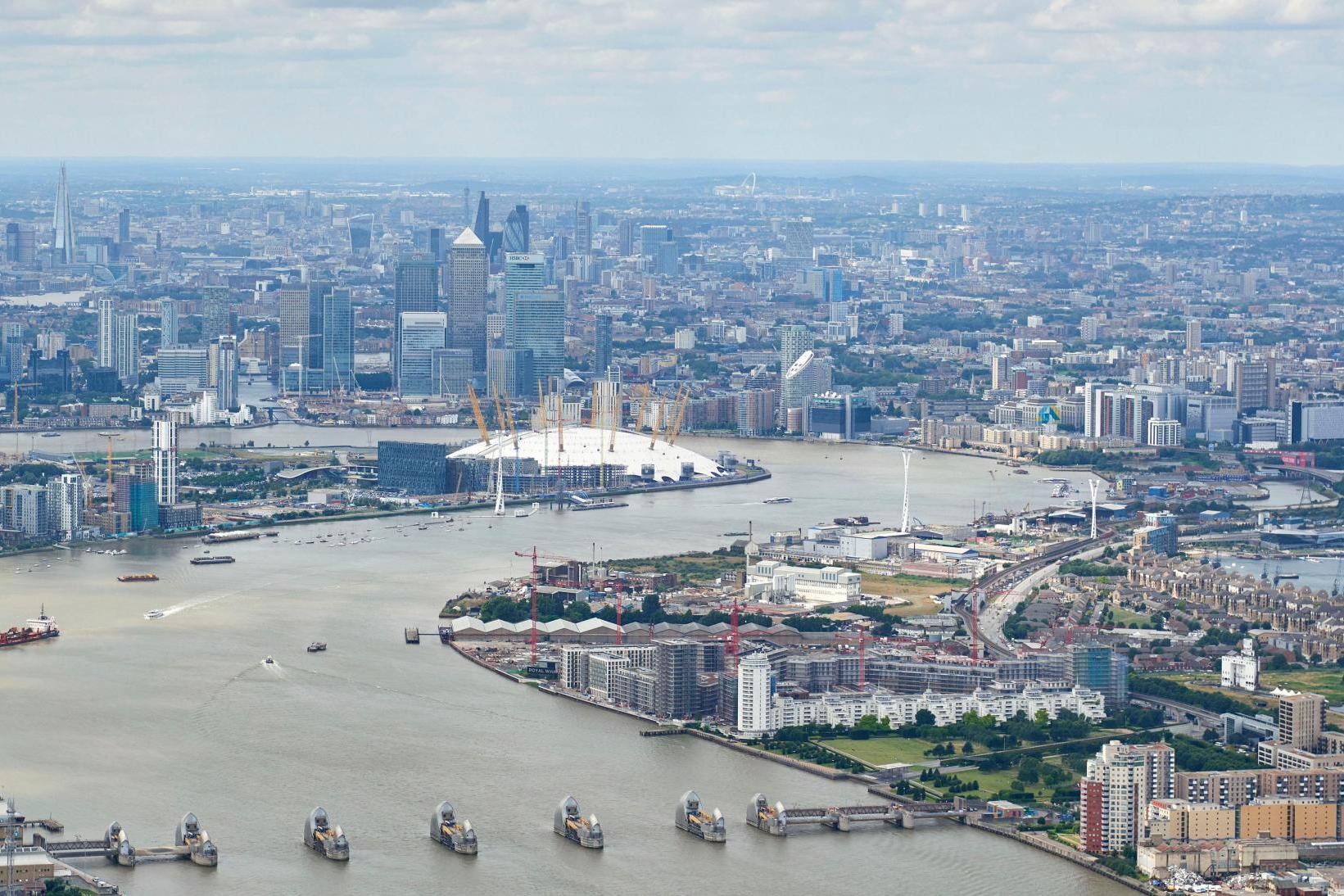Of big bands, big venues, big business and Brexit
Two major venue operators have taken their dispute transatlantic highlighting the need for an international approach to business regulation

Your support helps us to tell the story
From reproductive rights to climate change to Big Tech, The Independent is on the ground when the story is developing. Whether it's investigating the financials of Elon Musk's pro-Trump PAC or producing our latest documentary, 'The A Word', which shines a light on the American women fighting for reproductive rights, we know how important it is to parse out the facts from the messaging.
At such a critical moment in US history, we need reporters on the ground. Your donation allows us to keep sending journalists to speak to both sides of the story.
The Independent is trusted by Americans across the entire political spectrum. And unlike many other quality news outlets, we choose not to lock Americans out of our reporting and analysis with paywalls. We believe quality journalism should be available to everyone, paid for by those who can afford it.
Your support makes all the difference.What on earth does a classic transatlantic music biz bust up involving London’s O2, New York’s Madison Square Garden and two LA venues have to do with Brexit?
More than you might think.
A dispute has been simmering between two of the biggest venue operators, Azoff MSG Entertainment and AEG Live, for months now and it’s almost as entertaining as some of the shows they put on.
Azoff MSG has the legendary Madison Square Garden in New York and the Forum in LA in its stable. AEG competes against it with the Barclays Centre (New York) and the Staples Centre (LA). Plus, crucially, the O2 in London.
Now, Azoff MSG reportedly started refusing to book acts to the Garden – the status of which makes it a big draw for big acts – unless they also played the Forum.
Music industry power broker and Azoff MSG boss Irving Azoff put it slightly differently, suggesting, in a statement earlier this year, that the Garden has a limited number of dates available to book bands and so, naturally, priority would go to “our friends”.
In other words, those also playing the Forum, which his company has sunk a lot of money into, but which is slightly smaller than the Staples, and so less of a money-spinner for acts.
AEG has now countered by taking the spat international. Bands that want to book the O2 are going to have to book the Staples Centre too, although they can get around the problem, and potentially play the Garden, if they also play the Forum as well. It should be noted at this point that the O2 is now the world's most popular international concert venue.
In a statement to trade publication Music Week, AEG Live said its move was about “levelling the playing field”.
Except, of course, by contrast to New York, and LA, London doesn’t have an obvious alternative to the 20,000-plus capacity O2 for acts caught up in the backwash of the spat to turn to.
The similarly sized Earls Court might once have provided one, but it is no more, thanks to a controversial £8bn redevelopment involving luxury flats, backed by one Boris Johnson when he was Major. As if London didn't have enough luxury flats. Thanks Boris!
If any more spice were necessary, promoter Live Nation has waded in, backing Azoff MSG.
There's history there. AEG moved most of its venues from Ticketmaster to AXS Ticketing in the wake of the 2009 merger of Live Nation with the rival Ticketmaster.
Accusations of anti-competitive practices are now flying back and forth, with the addition of the O2 making this an international business dispute.
It does rather draw attention to the concentration of power over promotion, venues and ticketing in the hands of a small number of powerful multinational companies, which arguably serves to benefit neither artists, nor their fans.
So what has any of this got to do with Brexit, I hear you ask.
While regulators in Europe (and in the US) allowed this unhappy situation to develop, they at least have the international clout to address the resulting mess, not to mention other international business bust-ups.
The European Commission demonstrated that just last week over Google, the search results of which were found to be prioritising its shopping service. A record fine was the result.
In the brave new world of Brexit, however, Britain will be on its own. It's an awful lot harder to face down big and powerful multinational businesses when you're on your own. All the more so when they're big and powerful American multinational businesses.
As it is, this one will likely get resolved with some sort of compromise emerging, most likely when the two sides get tired of spending money on lawyers and work out that they’re better served by making music fans pay through the nose for their poison. Until that happens, it's likely that those music fans, and the artists they support, will just have to suck it up.
But there will be others like this in future.
Join our commenting forum
Join thought-provoking conversations, follow other Independent readers and see their replies
Comments